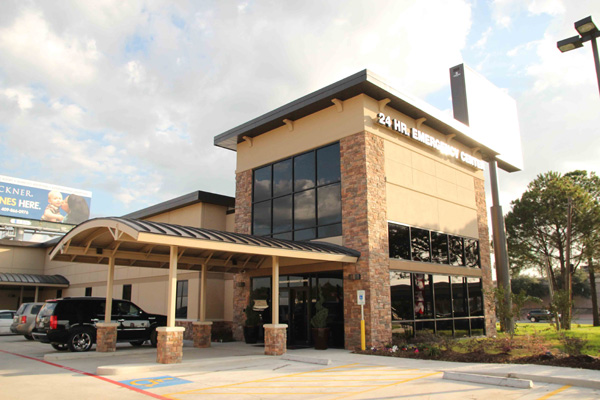History of TAFEC
House Bill 1357, sponsored by Rep. Carl Isett (Lubbock) and Sen. Bob Deuell, M.D. (Greenville) during the 81st Texas Legislature, proposed state licensing and recognition of freestanding emergency medical care facilities as a legitimate provider of emergency care. In the summer of 2009—after the passage of House Bill 1357—legislators, regulators, and freestanding facility operators were convened by the Texas Department of State Health Services for formal “rulemaking.” This process determined what criteria would be licensed and overseen by the state, including operational, architectural, and service requirements. By that time, a number of freestanding emergency care centers already existed in Texas and operated individually. Each had varying hours of operation and service levels. During the rulemaking process it became evident that there was a need for an organized effort and unified voice from individual FEC operators. Following the creation of the fledgling industry, the Texas Association of Freestanding Emergency Centers (TAFEC) was formed to ensure the industry’s fair regulation, to organize the individual facilities, and also to ensure uniform standards amongst individual FECs. In 2011, TAFEC entered the session recognized by legislators as the leading voice of freestanding emergency centers (FECs). The first big, collective endeavor by TAFEC was HB 3085, a provision which would change licensing duration from one to two years, thereby eliminating what many in the industry felt were frivolous administrative costs. TAFEC’s advocacy was met with great success; the House bill passed, and with it, a new model was created under which FECs currently operate. Today, TAFEC has more than 33 member companies with more than 120 facilities across the state of Texas. As the industry and association continue to grow, the mission remains the same—provide a sustainable platform from which FECs can speak as a united group to promote the freestanding emergency care industry. |

 In 2009, Texas became the first state in the nation to permit licenses for independent, freestanding emergency rooms.
In 2009, Texas became the first state in the nation to permit licenses for independent, freestanding emergency rooms.